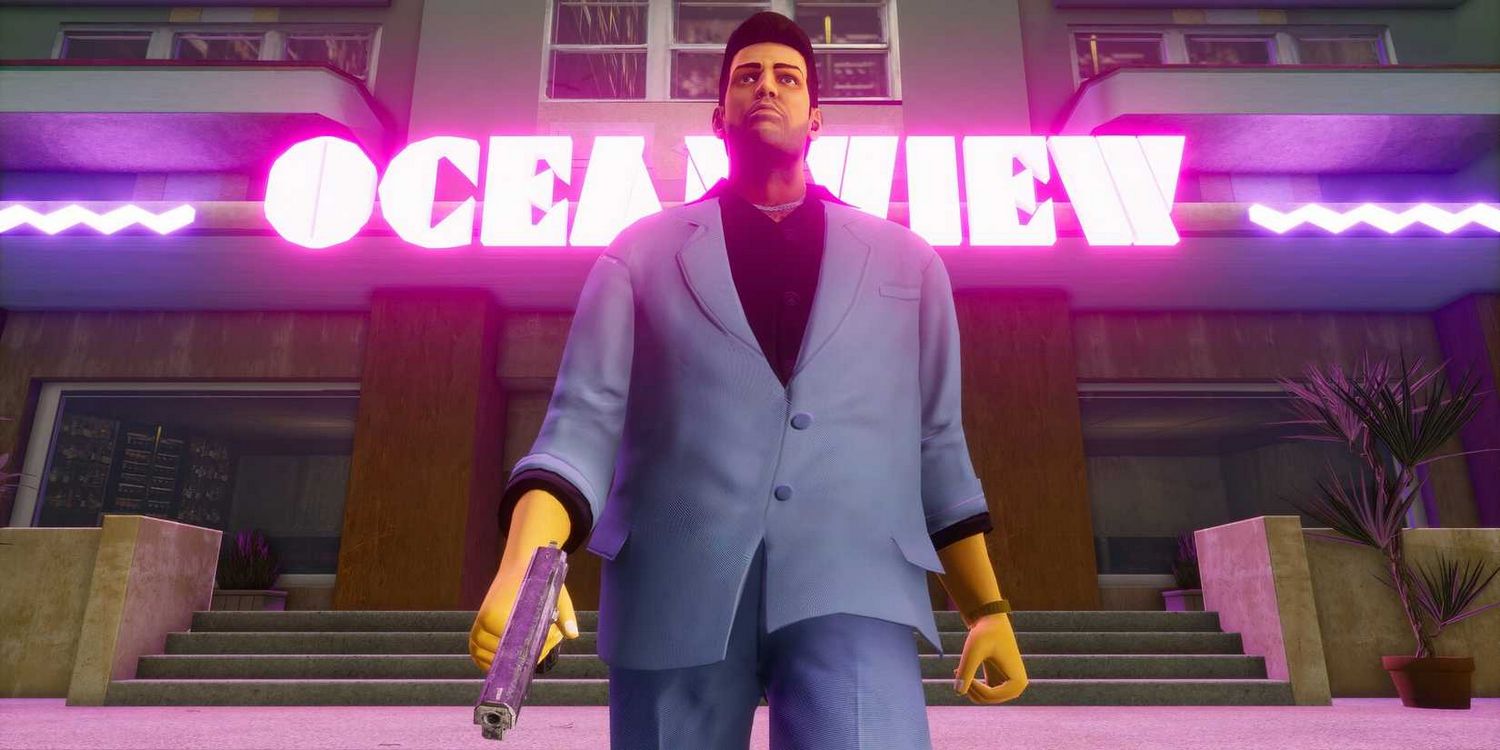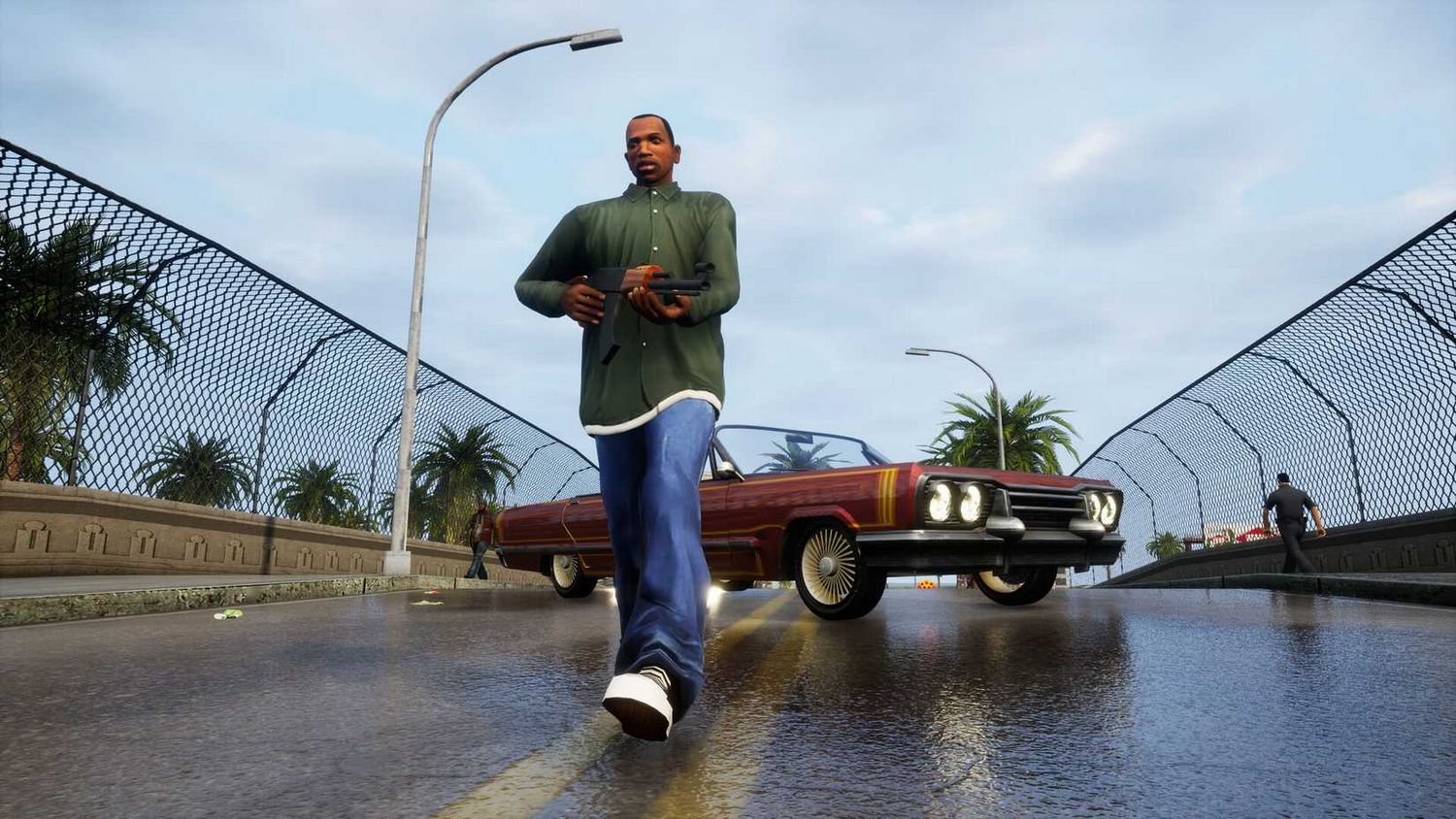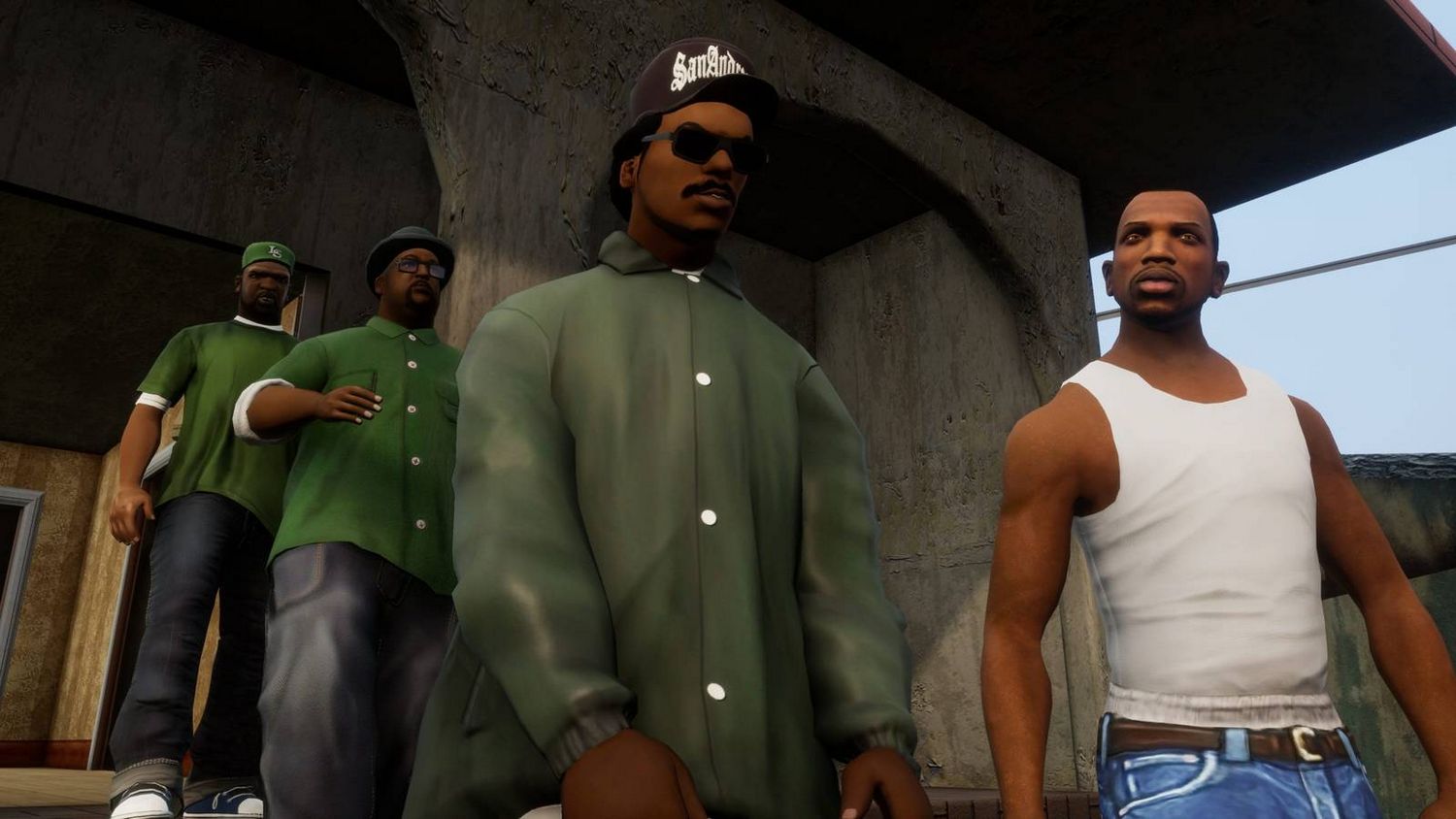University of Tennessee Launches Groundbreaking Grand Theft Auto History Class
Popular Now
 Poppy Playtime
Poppy Playtime
 Valorant
Valorant
 Minecraft
Minecraft
 Gacha Club
Gacha Club
 Call of Duty
Call of Duty
 Garena Free Fire: Kalahari
Garena Free Fire: Kalahari
 Free Fire
Free Fire
 God of War Ragnarök
God of War Ragnarök
 Fall Guys
Fall Guys
 Grand Theft Auto V
Grand Theft Auto V 
In a sign of the ever-evolving landscape of higher education and the growing academic recognition of video games, the University of Tennessee has announced a new and groundbreaking history course centered entirely on the Grand Theft Auto series. Titled “Grand Theft America: U.S. History Since 1980 through the GTA Video Games,” the class will use the satirical worlds of Liberty City, Vice City, and Los Santos as a unique lens to explore real American history, culture, and politics. This is not a “glorified gamer club,” but a legitimate academic course that highlights the increasing relevance of video games as a medium for social commentary and historical analysis.
The course is set to begin in January 2026 and will be taught by history professor Tore Olsson. Olsson is no stranger to this innovative approach, as he previously taught a successful and widely-publicized class using Rockstar Games’ other magnum opus, Red Dead Redemption, as a teaching tool. According to Professor Olsson, the new class is “much more about American history than the games themselves,” using the GTA franchise as a framework to structure discussions on real-world events. The course’s curriculum will delve into key historical themes, including deregulation, the rise of modern policing, media sensationalism, and the cultural shifts that have defined the United States since the 1980s. This announcement has generated significant buzz across the gaming community and academic circles, as it further solidifies the argument that video games can be taken seriously as a form of art and education.
 Course Curriculum: A Deep Dive into Grand Theft America
Course Curriculum: A Deep Dive into Grand Theft America
The course syllabus reveals a fascinating look at how the GTA series will be used as a historical framework. The class will not require students to own or play the games, as the professor will be using curated clips, lectures, and academic texts to guide the learning. This approach removes the financial burden on students and reinforces that the focus is on the historical context, not on gameplay or lore. Here are some of the key historical topics that the course will explore through the lens of the GTA franchise:
- Vice City: The course will use the 1980s setting of GTA: Vice City to explore themes of Cold War anxieties, the rise of the drug trade, and the culture of excess that defined the era. The game’s neon-drenched world and satirical talk radio stations will serve as a starting point for discussions on the real-life events of the 1980s.
- San Andreas: Set in 1992, GTA: San Andreas will be a central part of the curriculum. The game’s narrative, which climaxes in a massive urban rebellion, will be used to analyze the causes and effects of the real-life 1992 Los Angeles riots. The course will use this fictional portrayal to help students better understand a pivotal and often misunderstood moment in modern U.S. history.
- Liberty City: The class will use GTA IV‘s dark, post-9/11 portrayal of Liberty City to discuss the culture of fear, the war on terror, and the complex issues of immigration and the American dream. The game’s gritty realism and political satire will provide a powerful backdrop for these important conversations.
One notable detail is that the course will not include Grand Theft Auto VI, as the game’s release date was officially moved to May 26, 2026. Professor Olsson had originally planned to include it in the curriculum, but the academic schedule could not be changed to accommodate the delay. However, he has stated that he plans to update the course in the future to incorporate the upcoming title, which is widely expected to be the biggest entertainment launch in history.
 Why Video Games as an Academic Medium?
Why Video Games as an Academic Medium?
The creation of this course is a testament to the maturation of video games as a cultural and artistic medium. For decades, video games were dismissed as a frivolous pastime, a source of controversy, and a cause of social decay. However, as the medium has evolved to include complex narratives, rich worlds, and deep social commentary, academics are beginning to recognize their potential as educational tools. Just as film, music, and literature are used to teach students about history, so too can video games. This course demonstrates that a video game like Grand Theft Auto, with its satirical take on American society, can be a valuable resource for understanding the past. The games’ ability to create an immersive, interactive world allows students to engage with historical concepts in a way that is both compelling and memorable. This is a powerful signal to the gaming industry that the art form they create is now being taken seriously on a global stage, and it will be a major source of discussion and a highly valuable high-CPC keyword topic for years to come.








 Course Curriculum: A Deep Dive into Grand Theft America
Course Curriculum: A Deep Dive into Grand Theft America Why Video Games as an Academic Medium?
Why Video Games as an Academic Medium?